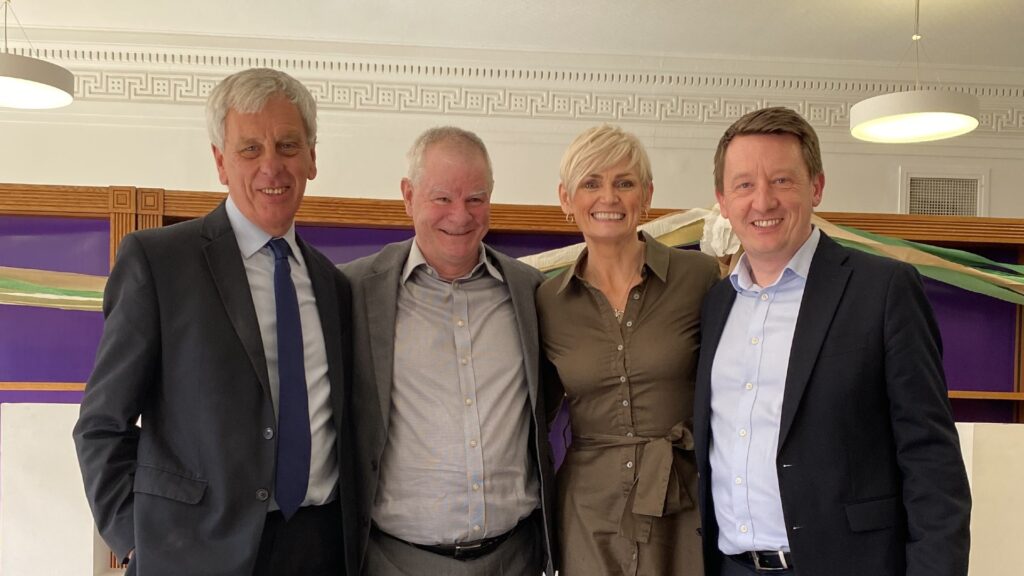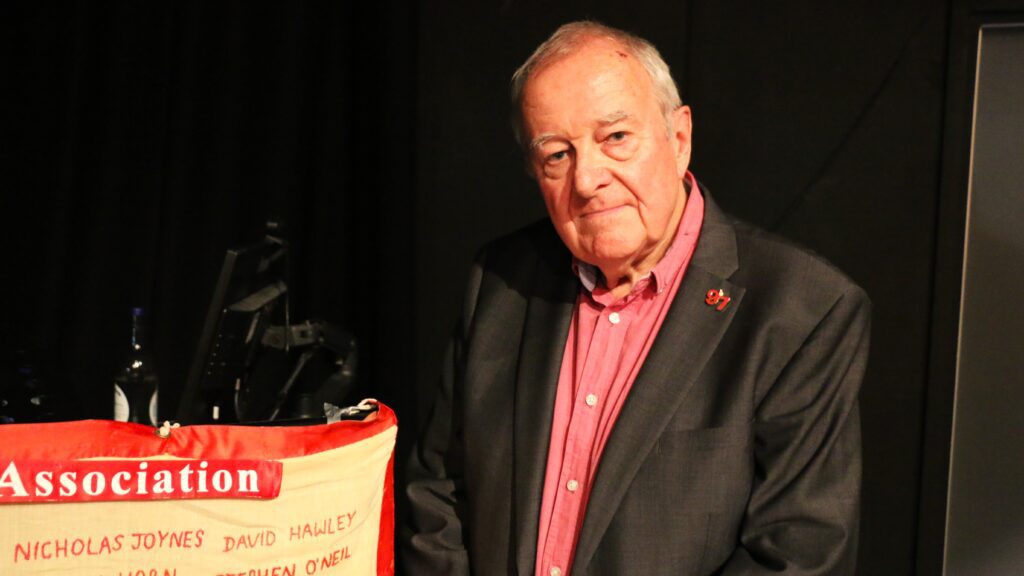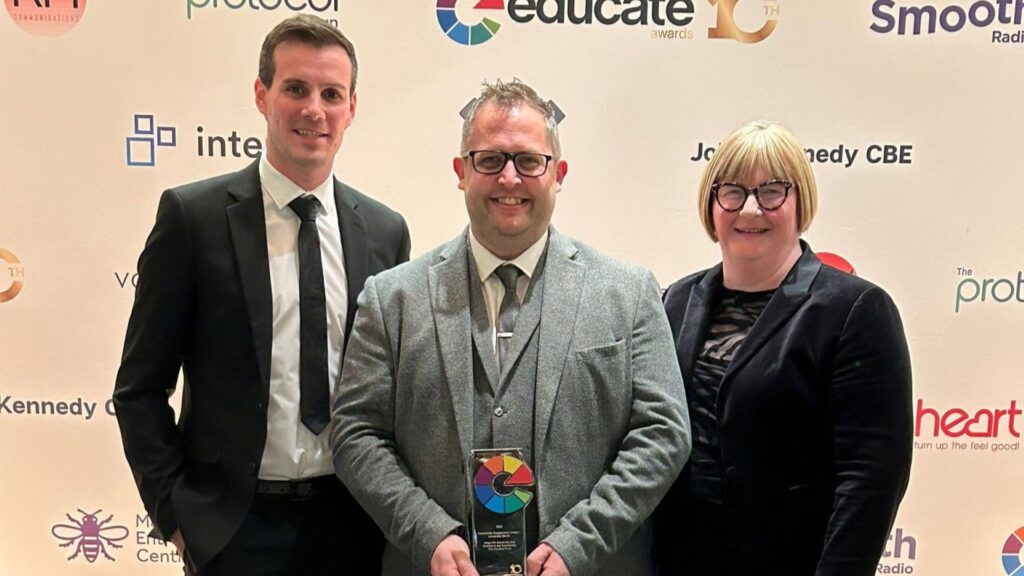
Edge Hill University joined forces with more than forty other mental health organisations to influence NICE’s newly published clinical guideline for depression in adults.
The University and other stakeholders lobbied NICE to address major methodological flaws that underpinned previous drafts of the guideline.
Never has a draft treatment guideline in the UK received so much scrutiny and detailed attention, and the final version of the guideline has dramatically improved as a consequence.
There is now a strong focus on personalised care and a significant emphasis on the importance of service user choice and shared decision-making – all of which were notably absent from previous drafts.
These changes should result in significant improvements in care for people with depression as the guideline is implemented.
Sir Norman Lamb, former Health Minister, who, as an MP, led the parliamentary support for the coalition, said: “I am pleased to see a depression guideline that puts emphasis on personalised care, providing a genuine choice of treatments, and encourages clinicians to think more carefully before prescribing medication.
“These changes will undoubtedly have a positive impact on care for many people with depression.
“It is vital that NICE learns lessons from this process and engages closely with organisations from across the mental health sector in developing future guidelines.
“The number of people needing mental health support is sadly growing quickly, and it is vital that clinical guidelines best reflect the needs and experiences of those they are designed to help.”
Professor Vicky Karkou, Director of the Research Centre for Arts and Wellbeing at Edge Hill University, said: “It is really the joint effort and work that led to this result, highlighting how important it is to work collaboratively to make changes in guidelines, policy and service provision.
“This is certainly the case for mental health service provision, an area particularly relevant in the current Covid and post-Covid era.
“The guideline still remains short from acknowledging the substantial evidence present in creative approaches to psychotherapy.
“However, it now offers choice, widening options in the recommended provision to benefit the vast range of people needing support with their mental health.”
Vicky is currently leading Arts for the Blues, a collaborative research project between Edge Hill University, University of Salford, University of Cambridge and Greater Manchester Mental Health NHS Foundation Trust.
As Director of the Research Centre for Arts and Wellbeing, she oversees a wide range of interdisciplinary research projects focusing on collaborative research projects exploring how the arts can contribute to health and wellbeing.
The coalition of stakeholders has brought together mental health organisations from across the UK, representing service users; professionals from psychiatry, psychology, social work, counselling and psychotherapy; research methodologists; GPs; pharmacists; nurses; and mental health charities and survivor-led organisations.
Together the Guideline Committee argued strongly that the draft guideline wasn’t fit for purpose and that the resulting treatment recommendations would be misleading and impede good care and patient choice.
The campaign received support from more than 100 MPs and Peers from across all the major parties.
While NICE has not addressed all the key methodological issues raised, the significant efforts made by the Guideline Committee and the substantial additional work that has been carried out in response to concerns and critique needs to be acknowledged.
June 29, 2022



